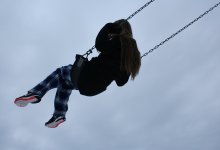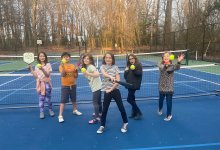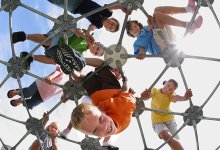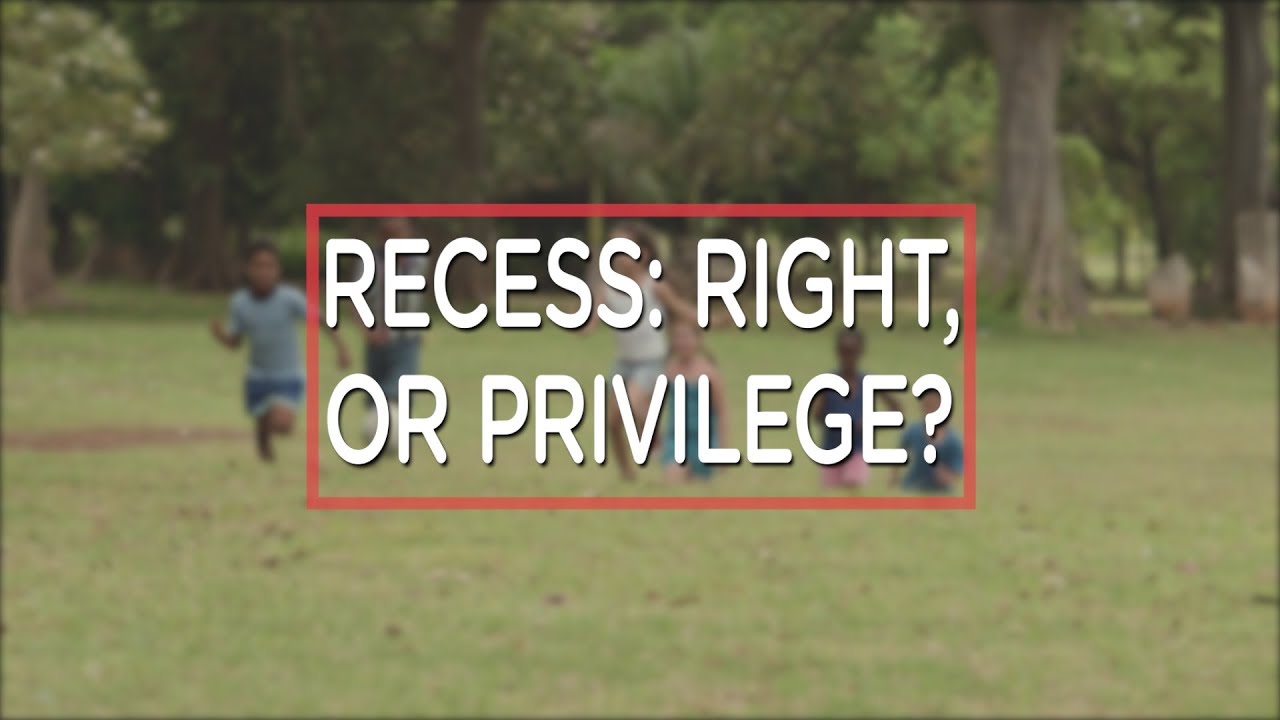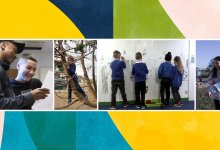Play & Recess
Learn about the importance of unstructured play, the research behind it, and tips on how to make time for it—even in high school.
The Mysterious Power of Brain Breaks
During breaks, it turns out, the brain works overtime. New research illuminates what kinds of breaks benefit learners the most.415Using Movement to Teach Vocabulary
When students explore new words through movement, they understand them better, retain them longer, and feel more empowered to use them.8.8kThe Importance of Recess
Recess is often sacrificed to make room for more academics. The research says that’s a big mistake.205.2kHow a School Made Play Central to Learning
At a primary school in the UK, both students and teachers have become more engaged and curious as a result of a shift to a fully play-based approach—and learning has become more joyful for everyone.3.4kFor Young Kids, The Power of Play-Based Learning
New research shows play-based learning can be more effective than direct instruction at improving outcomes for early learners—particularly in the development of mathematical and spatial skills.11.1kWhat’s Lost When We Rush Kids Through Childhood
The author of "The Importance of Being Little" on the costs of our collective failure to see the world through the eyes of children.42.7kTime to Play: More State Laws Require Recess
Unstructured playtime is making a comeback in schools as frustrated teachers, parents, and advocacy groups demand legislative action.46.3kThe Joy of Pickleball in Elementary School
Pickleball is an inclusive sport that focuses on strategy and team building and can be enjoyed by people of all ages. This makes it perfect for elementary schools!3.4kCreating Opportunities for Unstructured Play
When schools make space for free play in a natural environment, students are left to their own devices to build, create, and problem-solve—and the benefits continue once they are back in the classroom.1.9kLonger Recess, Stronger Child Development
With an hour-long recess, elementary schools can help children develop through increased creative play, authentic SEL, and adequate physical regulation.42.4kThe Science Behind Brain Breaks
Research shows that breaks can provide more than rest. Use them to boost creativity, cognitive function, and social skills.10.3kWhy Recess Should Never Be Withheld as Punishment
Experts argue that recess is necessary for a child's social and academic development, and skipping it as punishment for misbehavior or to accommodate more seat time is a serious mistake.11.8kMaking Learning More Playful
In this series, we showcase five schools that are taking innovative—and practical—approaches to play-based learning, and share compelling evidence that learning through play benefits students of all ages.519How Children Process Grief and Loss Through Play
Young children will likely process the tumultuous events of 2020 in the only way they know how—through play. Here’s how adults can be supportive.8.3kAfter Social Isolation, Preparing Our Youngest Students to Thrive
How early-grade teachers tackled a chaotic year and helped the youngest learners acclimate to life in (actual) school. It’s work that's likely to continue this school year.1.8k





